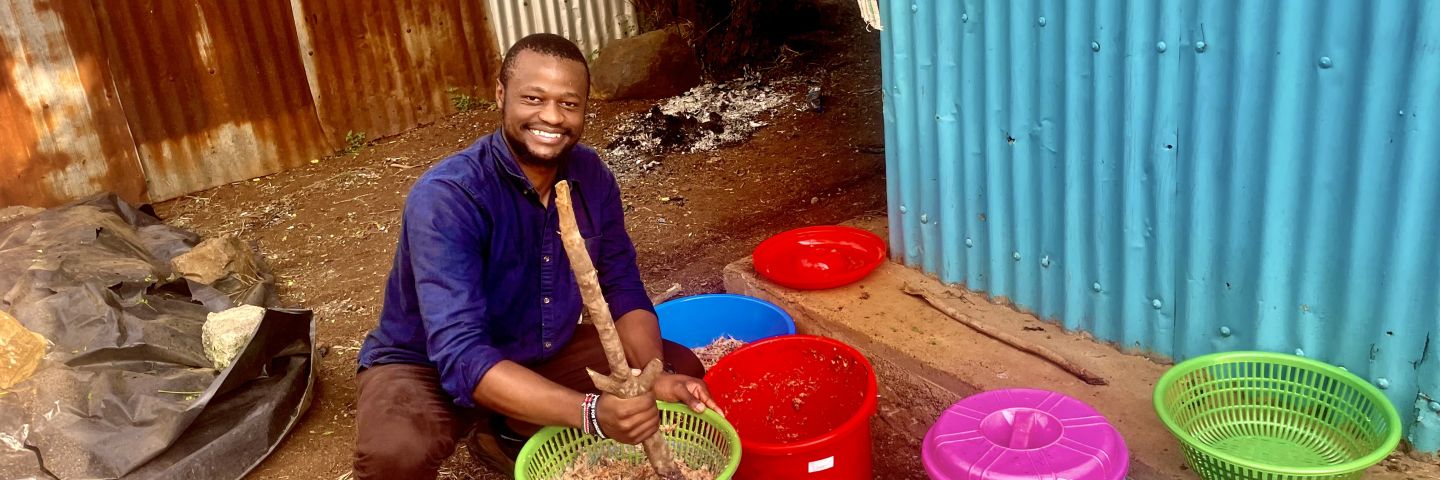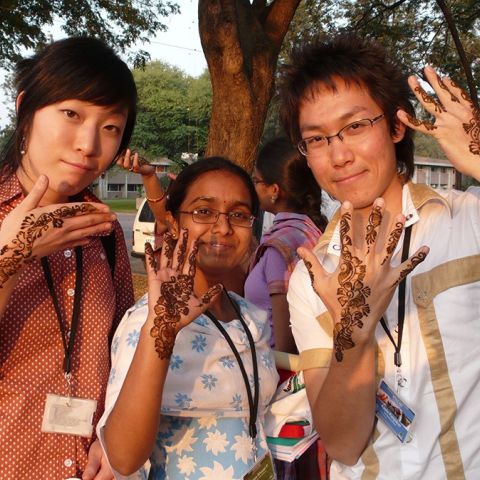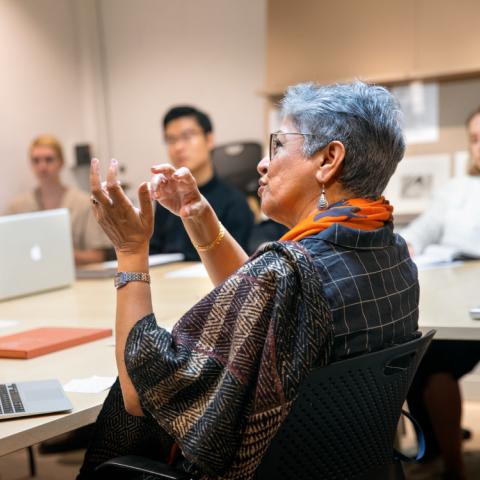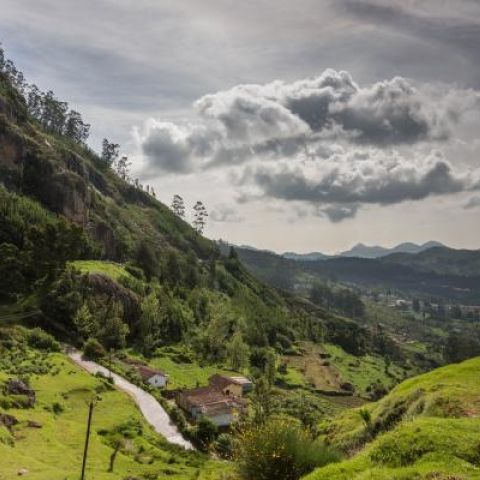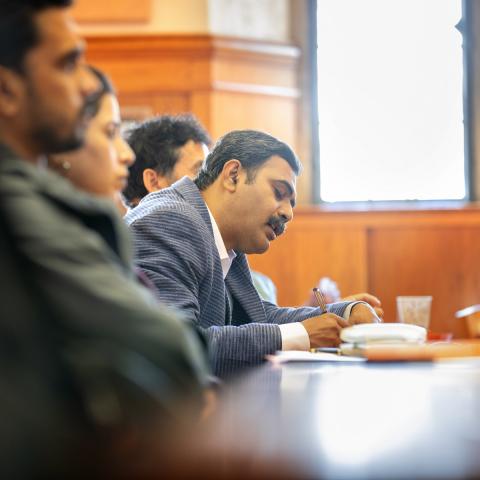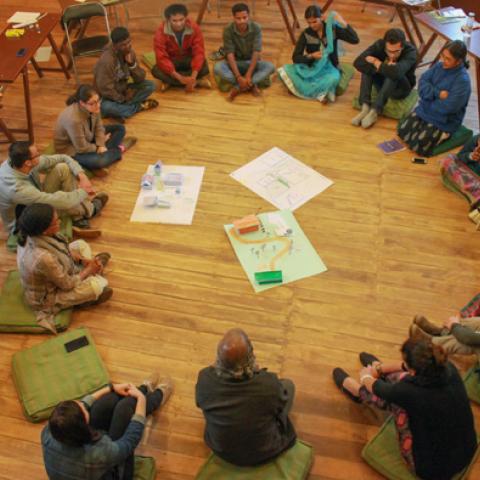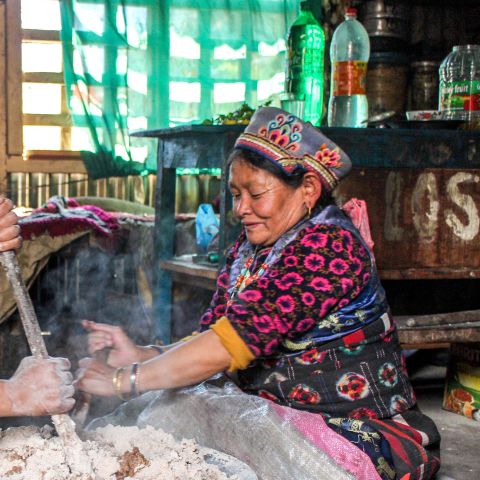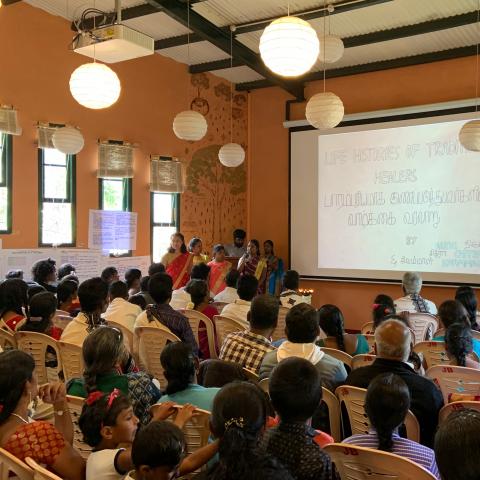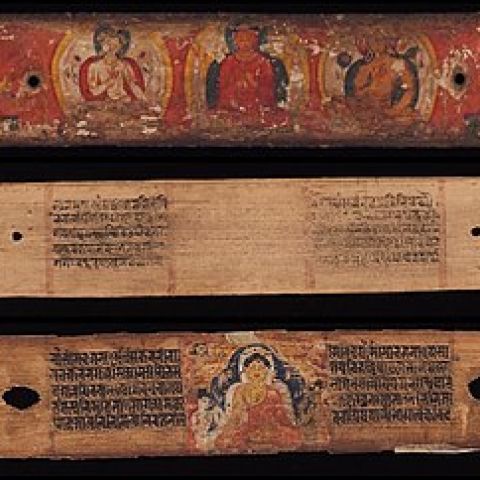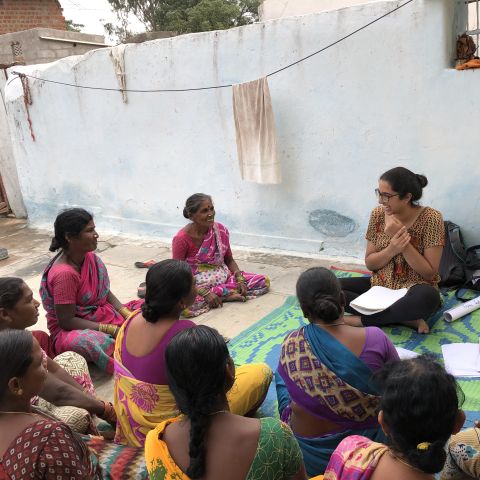Academics
Study Abroad Opportunity
South Asia Program
Ashoka University is a leading liberal arts university in Sonipat, India, serving 4,500 domestic and international students. As a Cornell Global Hubs partner, Ashoka fosters high-impact opportunities and international exchange for Cornell students.
Major
South Asia Program
A major in Asian Studies is rewarding for students of all backgrounds, as the global presence of Asia becomes ever more visible.
Study Abroad Opportunity
South Asia Program
Are you interested in the intersection of mental health and culture, global health, and community engagement? Do you want to gain field research skills and learn about indigenous communities in South India’s beautiful and fragile Nilgiris Biosphere Reserve?
Minor
East Asia Program
South Asia Program
Southeast Asia Program
Minor in East Asian studies, South Asian studies, Southeast Asian studies, or Sanskrit studies—with support from Einaudi's programs.
Master's
South Asia Program
This Master's degree program in Asian Studies is designed for students who want more work in language and area studies before entering the professional, business, or academic fields.
Minor
South Asia Program
Learn more about South Asian cultures, languages, and people with a minor in South Asian studies.
Study Abroad Opportunity
South Asia Program
SIT offers two unique programs in Nepal: Development, Gender, and Social Change in the Himalaya and Tibetan & Himalayan Peoples
Study Abroad Opportunity
South Asia Program
The Nilgiris Field Learning Center (NFLC) is a unique partnership between the Indian NGO, Keystone Foundation, and Cornell University. It aligns Cornell faculty and students with practitioners and community members in the Nilgiris, the “blue hills” of southern India.
Minor
South Asia Program
Broaden and deepen your competence in the Sanskrit language and traditional Indian religious, literary, and philosophical culture.
Internship
South Asia Program
This program supports CALS undergraduate students in pursuit of challenging, professionally focused summer internships and research placements.

